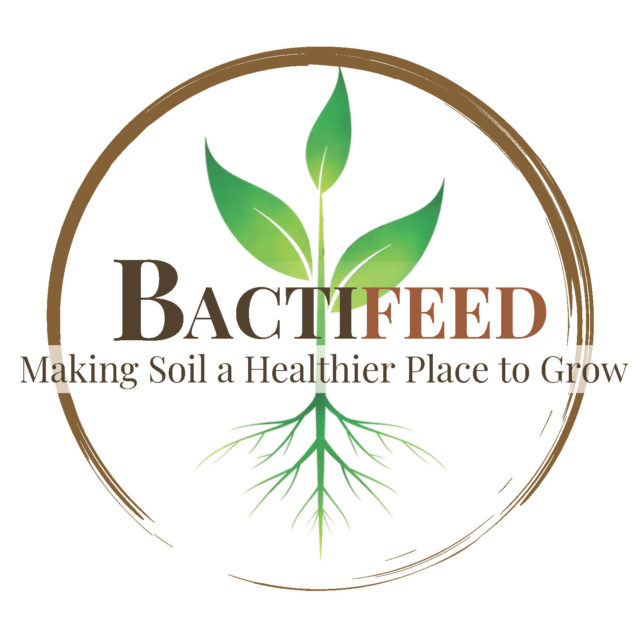The National Milk Producers Federation (NMPF) said yesterday that a hearing in the House of Representatives reinforces the benefits of a national standard for labeling foods with genetically modified ingredients over a patchwork of state requirements that would confuse consumers and frustrate food marketers.
“State-by-state GMO labeling is simply not an option, as testimony at today’s hearing and earlier hearings has shown,” says Jim Mulhern, NMPF president and CEO. “A better approach is federal legislation endorsed by NMPF that would set up voluntary regulations for labeling foods with GMO ingredients.”
That legislation, the Safe and Accurate Food Labeling Act, was reviewed Thursday by the House Energy and Commerce Subcommittee on Health during a hearing on developing a national framework for the labeling of foods made through biotechnology.
In March, Vermont dairy farmer Joanna Lidback and Land O’Lakes CEO Chris Policinski testified on GMO labeling before the House Agriculture Committee. Lidback said genetically modified seeds keep her farm’s feed bills low and allow her to use less fertilizer and pesticides. Her state has enacted a mandatory GMO labeling bill that is scheduled to go into effect next year. Policinski said state GMO labeling “would be a logistical nightmare, creating dozens of different standards, different definitions and different exemptions.”
The federal legislation endorsed by NMPF was introduced this spring by Reps. Mike Pompeo (R-Kan.) and G.K. Butterfield (D-N.C.). It requires the Food and Drug Administration to set standards for companies wishing to label products as either containing or not containing GMOs.
“The Pompeo-Butterfield bill would deal with GMO labeling at the national level,” Mulhern says. “It would set uniform rules and provide a national certification program for foods that have been produced without bioengineering.”
GMOs have been proven safe by nearly 2,000 studies from the leading scientific bodies in the world, including the World Health Organization and the American Medical Association. Agencies including the FDA, the U.S. Agriculture Department, the National Academy of Sciences and the World Health Organization have found no negative health effects from consuming GMOs.
Currently, up to 80 percent of the food available in the U.S. contains genetically modified ingredients. PD
—From National Milk Producers Federation news release




